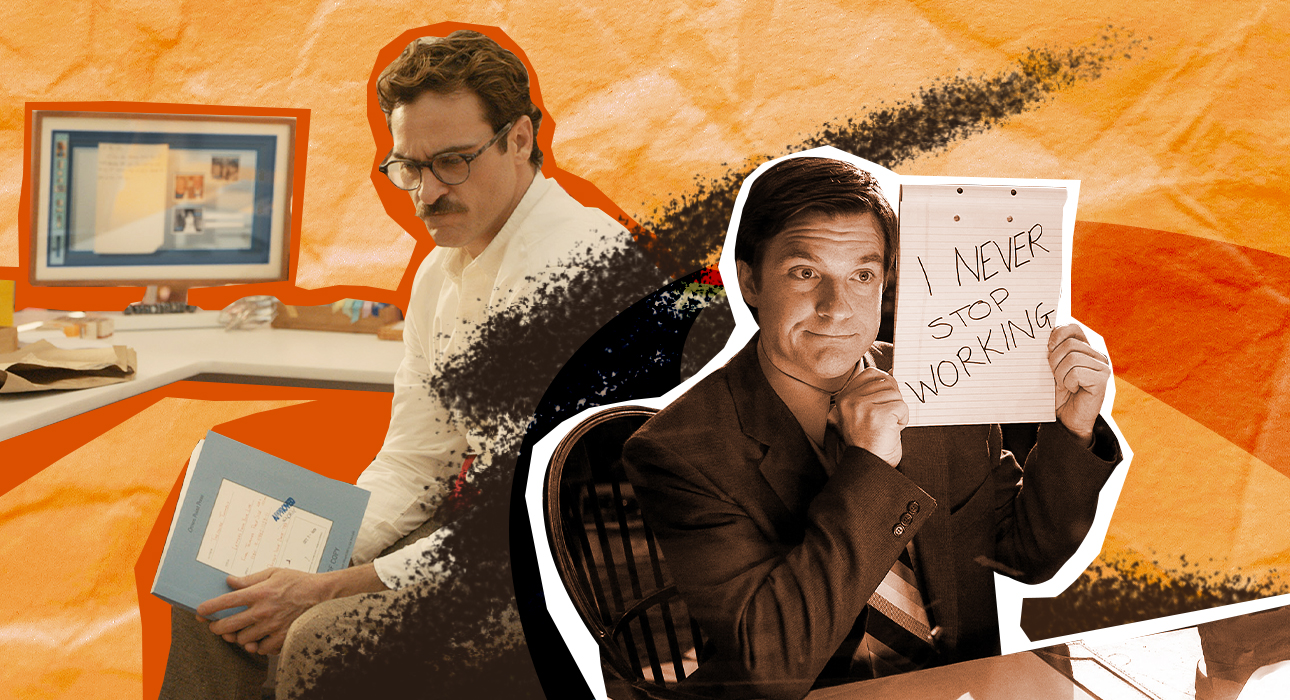Everything is beautiful during the January holidays – from the amazing atmosphere outside the window to the endless parties with friends. True, there is one thing: New Year’s holidays, like any weekend, are always scarce. It seems that yesterday you were planning how to combine meetings with your friends with a cultural and educational program, and tomorrow you need to get yourself in order and get back to the rhythm of work.
It’s generally accepted that everyone should charge their batteries a few months in advance for great days without alarms and deadlines. However, the thought that tomorrow the burden of responsibility will fall on you again literally makes you depressed.
Unfortunately, there’s no universal way to commute to work after the holidays and not go crazy. Waking up on a Monday morning can be equally difficult for those who lie on the couch at home all weekend, or for those who have all sorts of activities on their minds every day. But still, if you follow the banal rules of rest (yes, there are), you can avoid the overwhelming melancholy.
We spoke with Maria Ignatieva, a psychotherapist and psychologist in the Yasno ministry, about why it is really difficult for us to return to work and how to overcome our emotions on the last day of vacation.

Maria Ignatieva, psychoanalytic psychotherapist, psychologist in the service of Yasno
Rest on New Year’s holidays is a sharp change in the usual picture and daily routine. Bright meetings, a lot of different emotions, a lot of spontaneity and freedom from worries. By contrast, the return to workdays full of commitments, tight schedules, and responsibilities doesn’t seem all that appealing. But there is a trick here, a cognitive distortion that the brain is prone to: if vacations were endless, it would become a routine and sooner or later we would get bored, we would have to replace sleep, dinner, and parties with something to do. make.
A little sadness that the weekend is over is quite normal. Another thing is whether the approach to work on Monday is causing you fear, panic or other unpleasant symptoms.
They signal burnout, a condition that can be difficult to resolve without the help of a psychotherapist, even with prolonged rest or a job change.
How to listen?

Physiological status directly affects mental health. An active lifestyle reduces the risk of fatigue, sadness and depressed mood in almost all cases. Paradoxically, it is the holidays that most affect our health: we go to bed late, break the regimen, abuse sweet and fatty foods, drink more alcohol, and oversaturate ourselves with positive but strong emotions.
Schedule meetings and activities with your friends based on your habits and daily routine. Let’s say you work from home most days of the week in normal life and you go out on weekends to meet a few friends from your close circle. Then casual parties with strangers in large companies quickly lead to psychological overload. Remember balance and try not to get into a “walk like it’s the last time” situation.
You need to rest well and with great pleasure. After all, rest is a necessity, not a luxury. A high-quality restart makes it possible to replenish vital resources, learn to relax and transition, improve the quality of life, and make it possible to receive and feel pleasure and pleasure more deeply. During rest, the person falls out of the working process and something important may seem to have been overlooked. However, in order to work efficiently, to be creative, determined and productive, you need to get energy from somewhere.
Quality rest is no less important than daily long sleep. It is necessary to appreciate the value of rest, to understand its importance and to place it on the basis of high productivity in working life.
And if you can’t take a break from work, you should think about why not let yourself rest. Perhaps behind this is anxiety, fear of appearing inadequate, shame for “idleness”, the desire to always be the best in everything. All these experiences are most likely not related to working conditions, but to personal history, events from the past that instill the mindset: If I don’t always engage in work, I will fail.
Simple tips on how to get back to work rhythm without unnecessary worries

Going to work should be smooth. If you’re going on vacation, come home at least a day or two before the weekend ends. You need to take time for yourself to adapt, to prepare internally for a change in the rhythm of life.
Do not overload the program on the first working days. Keep business meetings to a minimum. Don’t leave your vacation behind: schedule an informal meeting with your colleagues, talk about how your vacation went, and share your plans for the future.
Estimate the volume of tasks waiting for you. Make a work plan for the first weeks in December to structure all cases that do not have enough room in the program at the end of the year. So you can imagine in advance the volume of tasks that you will meet in the new year.
Rest as expected. Dreamed of lying on the sofa with an interesting book? Want to wake up without an alarm? Are you planning to conquer all the ski slopes? Did you want to dance all night? Do it with pleasure and pleasure, by surrendering to the process and enjoying the pleasant moments of the holiday.
Source: People Talk
Errol Villanueva is an author and lifestyle journalist who writes for The Fashion Vibes. With a passion for exploring the latest trends in fashion, food, travel, and wellness, Errol’s articles are a must-read for anyone interested in living a stylish and fulfilling life.





